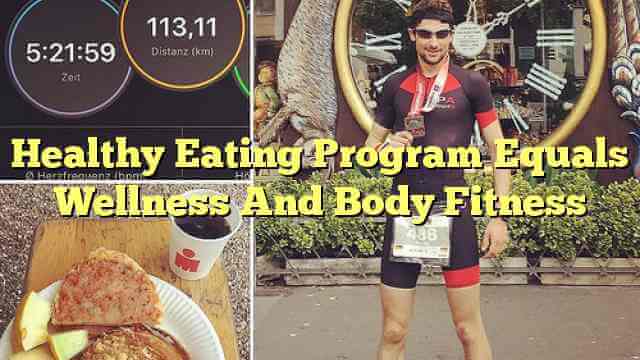
Are you overweight? Have a problem with high blood pressure, diabetes or heart disease? Are you worried about getting cancer or other ailments? Do you wish you could just feel better? If so, then you need to make a healthy eating program a part of your daily life.
It all starts with knowing how your body works, and how it reacts to various types of foods. Some foods drain you and can make you sick, others have no real effect, and still others will improve your overall health. It’s this last category that you will want to focus on as you start your own healthy eating program.
The next thing you need to consider is what your health goals are. After all, if you’re not interested in losing weight, then it wouldn’t make sense to start a plan that’s all about shedding pounds. However, you could still look into it and then use the parts of the diet that fit in with your particular goals. See, when you start looking at the bigger picture, you won’t feel as though you have to try every new eating plan that comes out. At the same time though, you will be able to incorporate good ideas from any plan and make them a part of your program.
One of the keys to look for in a healthy eating program is balance. Any diet that has you eat too much of certain foods, or too little of others is usually not a smart choice. The first reason why such plans don’t make sense is that they won’t give you all of the nutrition you need. There are some vital nutrients that can only be found in certain foods, and if those foods are eliminated (or drastically reduced), then you could harm your health in the long run. The second reason is that you will most likely start to crave the “forbidden” foods. Now, willpower can be a wonderful thing, but it can only carry you so far. You will eventually give in to your temptations, and you’ll be worse off than before.
Some general guidelines to follow are to eat whole foods, or foods that are as close to their natural source as possible. Good choices for most people include whole grains, lean protein, healthy fats, and fruits and vegetables. Avoid over-processed foods. Try to eat a wide variety of foods so you have a more complete nutrition profile. Pay attention to the food you eat and remember that food is your friend not your enemy.
You don’t have to follow a healthy eating program that was created by somebody else. The truth is that you can make your own plan and do just fine. The catch is that it may take some time to figure everything out and a lot of the available information on food can be confusing. For those reasons, a lot of people will look for programs that cover most of what they’re looking for; as a sort of shortcut to good health. This is actually a good idea, at least to get you started.






